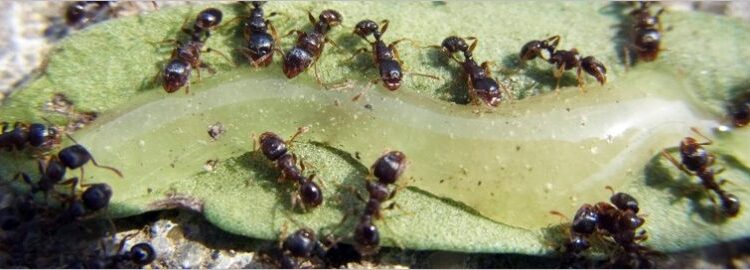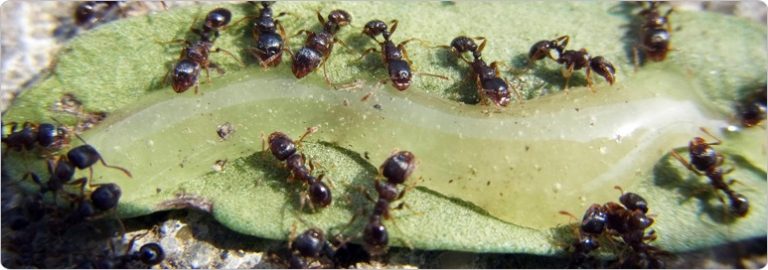
Pavement Ant
Looking for a Profession Exterminator in the Baltimore & DC Area?
Your Information Is Safe With Us. Accuate Pest Control will never sell, rent, share or distribute your personal details with anyone.
SATISFACTION GUARANTEE
We believe in the quality of our work. That’s why we proudly offer 100% Satisfaction Guarantee on our Residential Pest Control, Cockroach Control, Scorpion Control, Termite Control, Rodent Control and Weed Control Services. If you are not happy with the results, we will provide additional service with no extra charge until you are completely satisfied. Otherwise, you can request for a 100% refund or credit back to your account.
Re-service Guarantee
We guarantee to re-service your home or business for free, if pest problems return between our scheduled visits.
Price Guarantee
We offer a 2-Year Price Lock Guarantee which means that you don’t have to worry about increasing pest control rates for a minimum of two years.
Pest Control Guarantee
We guarantee to remove all covered pests on the interior and exterior of your property through our high-quality pest control service
Pavement Ant

Characteristics
Pavement ants are common in homes. They are small and commonly create their homes in pavements. Their color is brown to blackish and they have a black abdomen. They are small ants – 1/10 to 4/25 inch in length. Their distinguishing feature is their two spines on the back that goes upward to the rear, grooves on their thorax and head, and their stinger at the end of the abdominal segment. They also have a 12-segmented antennae with 3-segmented club.
Their family is made of a queen, alates, workers, and drones. Alates and drones have wings, and are bigger than the workers.

Behavior
Pavement ants got its name because they are usually found under the cracks of pavements. However, these ants can also be found under stones, in walls, under floors, in slabs or other openings, and the likes
Food
These ants may be mostly seen at night when most of us are sleeping. They will create trails going to and from their food sources, while moving at a slow pace. They are not easily disturbed even if they are seen or discovered. In the spring, colonies that are near each other may fight over territories, which create a great sight for mini war or ant war.
Life Cycle
Compared to other ant species, the pavement ant only has one functional queen. To create a new colony, swarmers will fly away from the old colony to mate, most commonly during the month of July. Once mating is done, the new queen will search for a suitable site and drop her wings. She will excavate a nest and buries herself within her nest, and then produces her eggs. While there may be a lot of swarmers in sight during their nuptial flight, most of them will die off and will not be able to produce eggs. The queen that succeeds in finding a nest will be able to burrow into the soil and starts laying eggs. Her eggs will require two to three months before they become adults. Once the first batch of workers become adults, they will tend to the queen, and her young while making the extending the colony.
Other Information and Tips
Pavement ants are considered pests. Although they do not commonly create a nest indoors, they can still create nests near home premises, and sometimes inside one. Since they have a habit of excavating sand to create their nests under roads, building foundations, and walkways, overtime, these nests may create structural damage. They are also persistent in collecting food indoors, which makes them a nuisance for most homeowners.
To control these ants, the use of commercial baits can be effective to properly eliminate them. However, for serious infestation, it is practical to just rely on a pest control specialist.
If you would like to get in contact with us, you can give us a call
